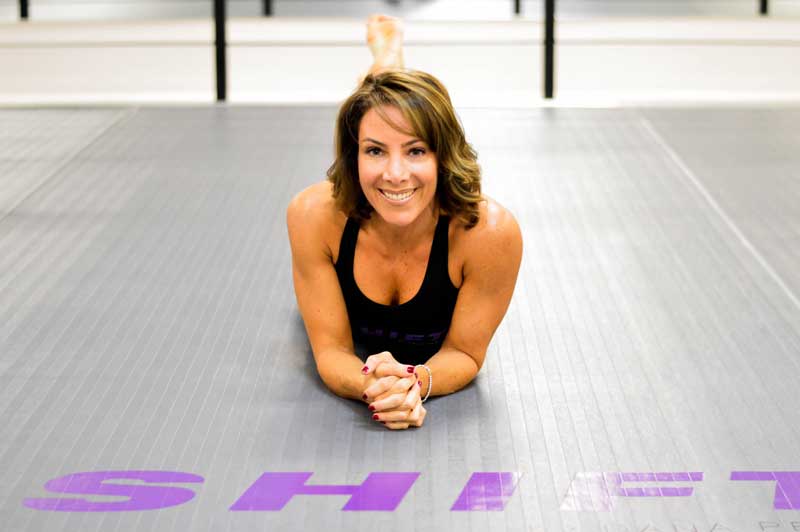“How much do you weigh?”
It’s one of the most dreaded questions of all time. It’s right up there with, “Did you pay your taxes?” and, “Have you been to the dentist lately?”
Do you have to know how much you weigh? No, you don’t. When you visit the doctor you’ll probably be weighed, and you’ll find out then.
Should you know how much you weigh? If you have a medical condition where weight is a factor, then you probably should know your weight. Follow your doctor’s recommendations.
If you want to lose fat and you’re contemplating changes in your diet and exercise do you need to know your weight? Not really, but it depends.
Your body weight is only one factor in your overall health and fitness. There’s a lot that goes into this number. The scale doesn’t tell the whole story and if you don’t understand it, you can go through a roller coaster of unnecessary emotions.
Your Body Weight Fluctuates – A Lot!
Your body’s metabolism is always humming along. There are things going in and out of your body all the time, and it can all influence your body weight.
What you drink and eat throughout the day can change your body weight. Some people hold more water than others. Some people drink a lot of fluids and some not as much. What you eat can affect the amount of fluid your body retains. Foods high in sodium can cause you to retain more water. Carbohydrates can cause your body to retain more water too. Exercise and activity can cause weight fluctuations as well. Where you live and how much you sweat can change the also change the scale.
How much you weigh can fluctuate a lot throughout the day!
How Much You Way Doesn’t Account for Your Composition
The saying, “Muscle weighs more than fat”, isn’t true. One pound of muscle weighs the same as one pound of fat. However, muscle is twice as dense as fat. If you have a body type that’s more muscular and denser you might weigh more. Your body’s composition has a lot to do with your weight. A tall, heavy boned, muscular person may well weigh beyond the recommended body weight charts. Someone carrying more fat can be larger but not necessarily a lot heavier.
The scale doesn’t take your specific body composition into account.
The Number Can Take on Too Much Meaning
If someone wants to lose 50 pounds and loses 40 pounds, is that person a loser? No way! Losing 40 pounds is an amazing accomplishment. Perspective is incredibly important.
Your weight is a number than can cause you anxiety and embarrassment. Or it can make you confident and jubilant. It can be the best thing to know or the worst thing depending on your paradigm. We know the number can be important in some circumstances, but we also know it’s a very limited number in its scope. Some people could care less how much they weigh, and other people weigh themselves daily.
You must decide for yourself how important the number is before you step on the scale. A number on the scale should never determine your self worth. How YOU feel will always be your best gauge.


